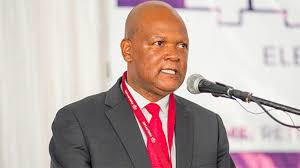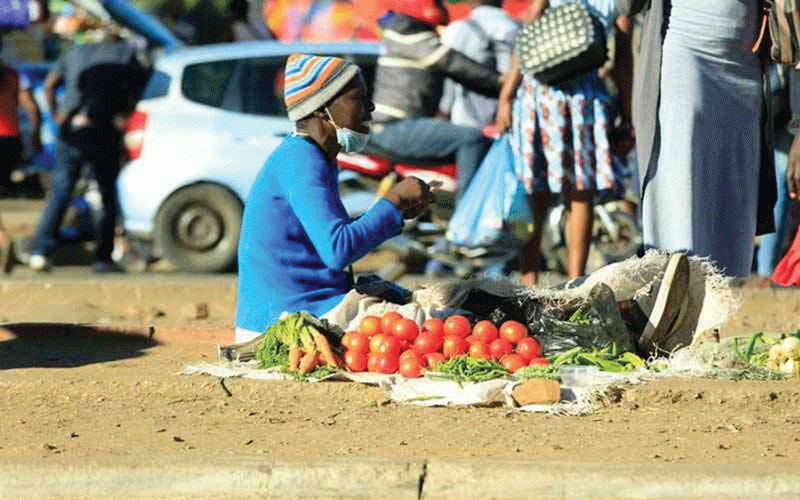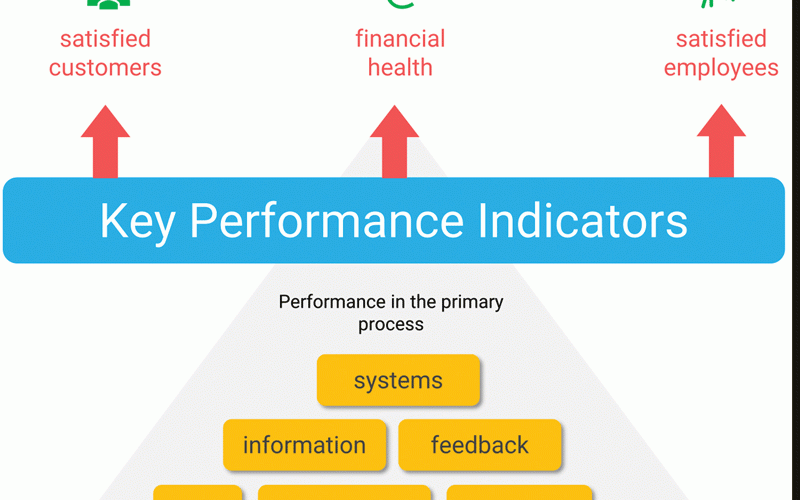
The Zimbabwe Stock Exchange (ZSE) projected this week its market capitalisation (market cap) to gross domestic product (GDP) would surge by significant margins in the next five years, responding to economic reforms expected to bolster investor appetite.
Justin Bgoni, chief executive officer at the ZSE, told businessdigest the ratio figure would reach between 20% and 25% during the period, placing the bourse within the ranges of African peers.
“Zimbabwe’s market cap to GDP ratio has historically been low compared to other emerging markets,” the ZSE CEO told businessdigest.
“Depending on economic recovery and reforms, a realistic target might be to reach a 20% to 25% ratio within the next three to five years. This target would align Zimbabwe closer to regional benchmarks, where market cap to GDP ratios can often exceed 30%.
“A fair target of achieving a daily turnover between US$5 million and US$10 million would indicate increased trading and more active participation from both local and foreign investors.”
Bgoni said drivers such as regulatory reforms, investment in technology, awareness and education, diversification of listings, and foreign investment policies would be key.
“(We need to) encourage more companies to list on the ZSE, particularly in sectors such as technology, agriculture, and renewable energy. This could also include targeted incentives for small and medium enterprises to access capital markets,” he said.
Market watchers say higher growth could also be achieved by developing special investment vehicles or funds catering for various investor categories, including pension funds and retail investors.
- Chamisa under fire over US$120K donation
- Mavhunga puts DeMbare into Chibuku quarterfinals
- Pension funds bet on Cabora Bassa oilfields
- Councils defy govt fire tender directive
Keep Reading
“Relaxing restrictions and offering incentives to foreign investors will create a more friendly environment for foreign direct investment. Building partnerships with international financial institutions could enhance credibility and draw in investments,” the ZSE CEO noted.
Zimbabwe’s capital markets have been under pressure from a liquidity crunch and stringent regulatory frameworks.
The ZSE reported a total market turnover of ZiG973 million during the first quarter of 2025, representing a 6,5% decrease from the fourth quarter of 2024.
The total market capitalisation stood at ZiG64 billion, a decrease of 5,28% from the previous quarter. Foreign investor participation remained steady at 15,39% during the period under review.
Bgoni highlighted that the proposed Victoria Falls International Financial Centre (VFIFC) could help address limitations affecting growth as it was positioned to attract global capital.
“This is important because capital markets thrive on liquidity and investment. VFIFC will be able to attract institutional investors, private equity, and venture capital worldwide. VFIFC will create a hub of knowledge and expertise,” he noted.
Bgoni indicated that some stocks were stuck in a fixed US dollar valuation range, discouraging long-term investment.
To address this, he said there was a need to look at the fundamentals when valuing companies.
“We have good counters that have been performing well. Fundamental analysis gives an honest and fair value of the company’s performance,” Bgoni said.
The ZSE has engaged several prospective issuers over the years to promote listings, according to Bgoni.
Some of the initiatives include hosting masterclasses and the prospective issuers’ training programme, which was launched last year.
“We have also been engaging the government for the listing of debt securities on our market,” he said.
Debt securities are financial instruments that represent a loan made by an investor to a borrower, typically a corporation or government entity. Common examples of debt securities include bonds, debentures, notes, and commercial paper.
Debt securities typically offer regular interest payments and return of principal at maturity, making them attractive to income-seeking investors.
Bgoni said some of the initiatives have assisted in improving investor confidence.
Recently, the bourse announced the migration of the settlement cycle from T+3 to T+2, effective April 14.
The ZSE has undergone a digital transformation, resulting in the launch of its online trading platform, ZSE Direct.
Focus areas for the year, Bgoni noted, include product diversification; hosting investor roadshows; and continued lobbying for investor-friendly policies.
l Exchange rate as at March 31, 2025: US$1:ZiG26,8.










